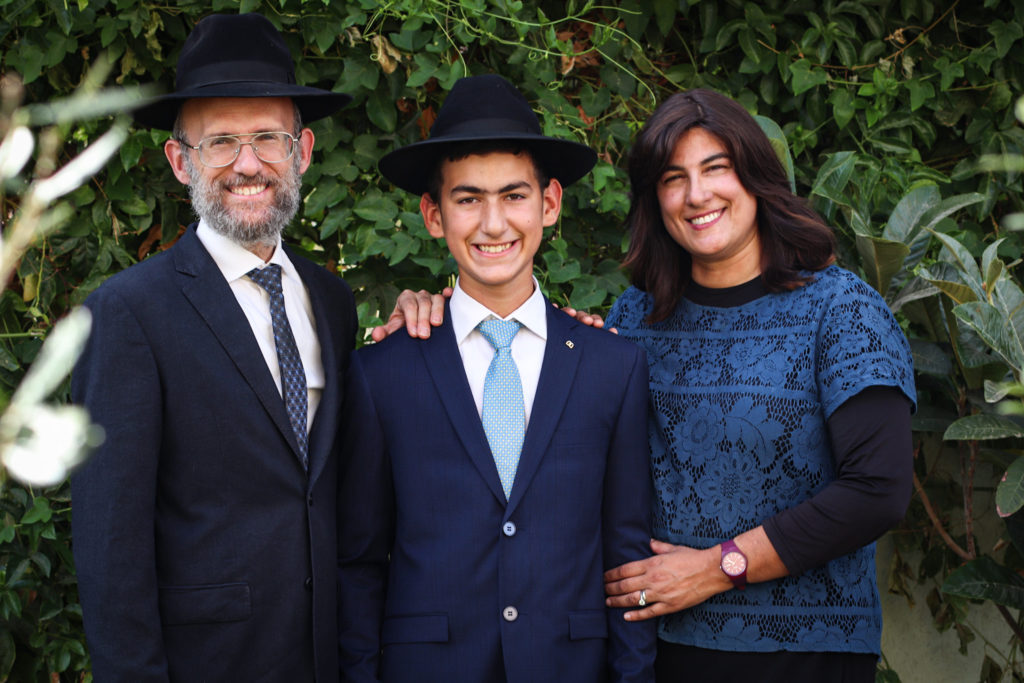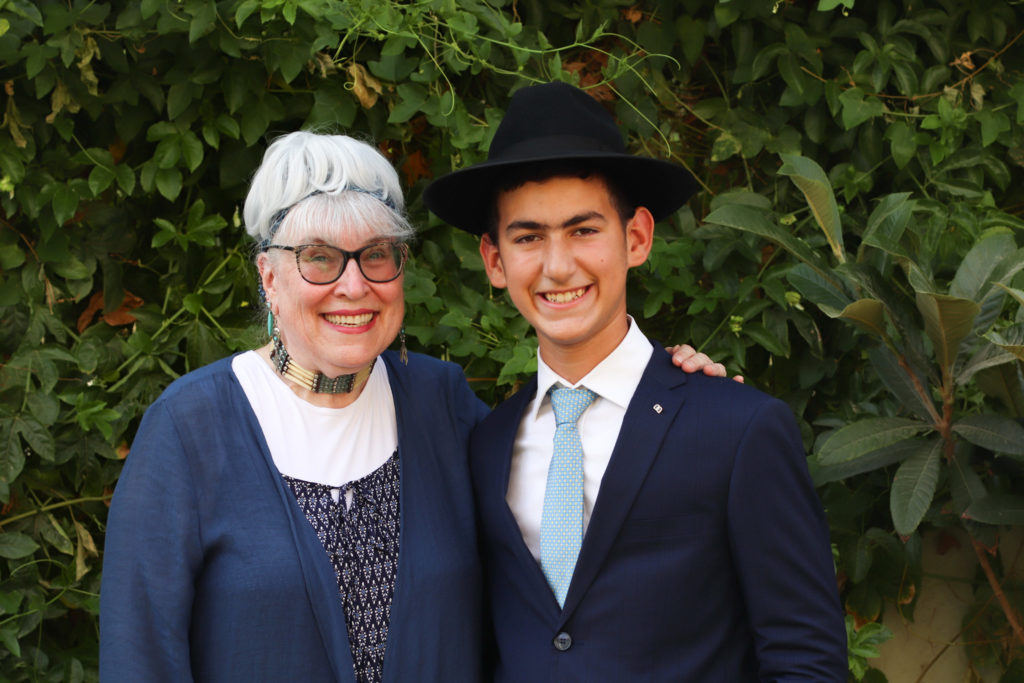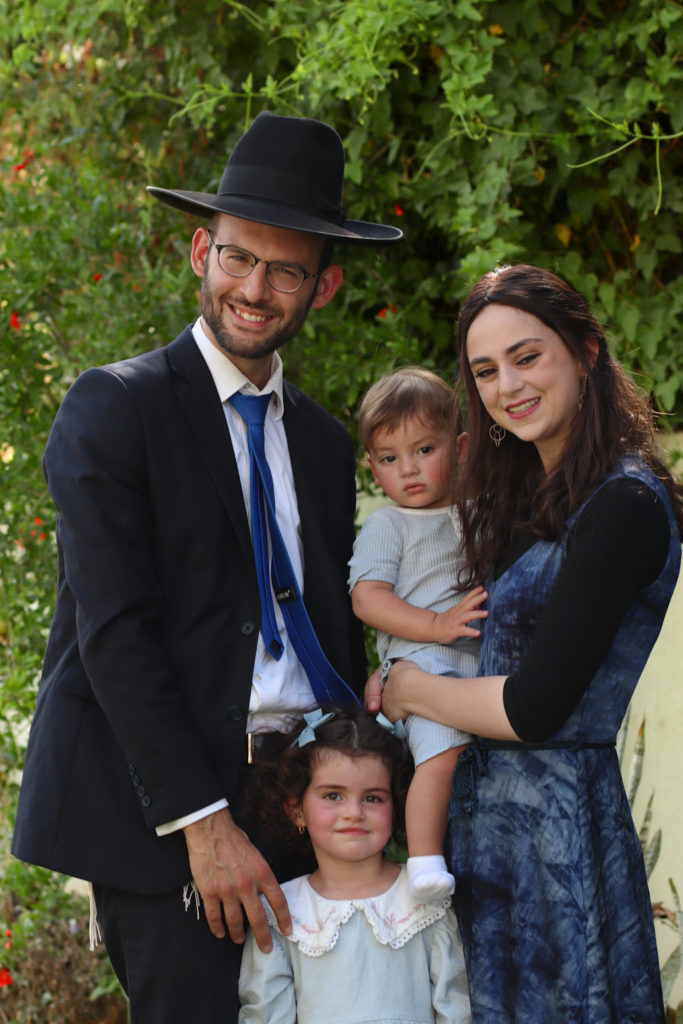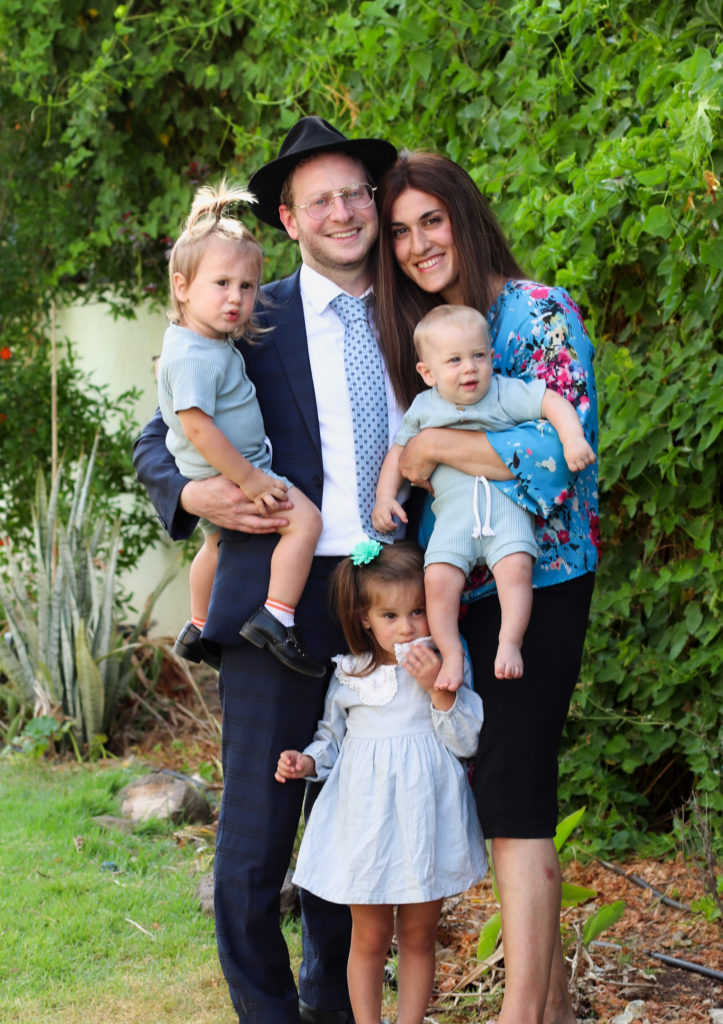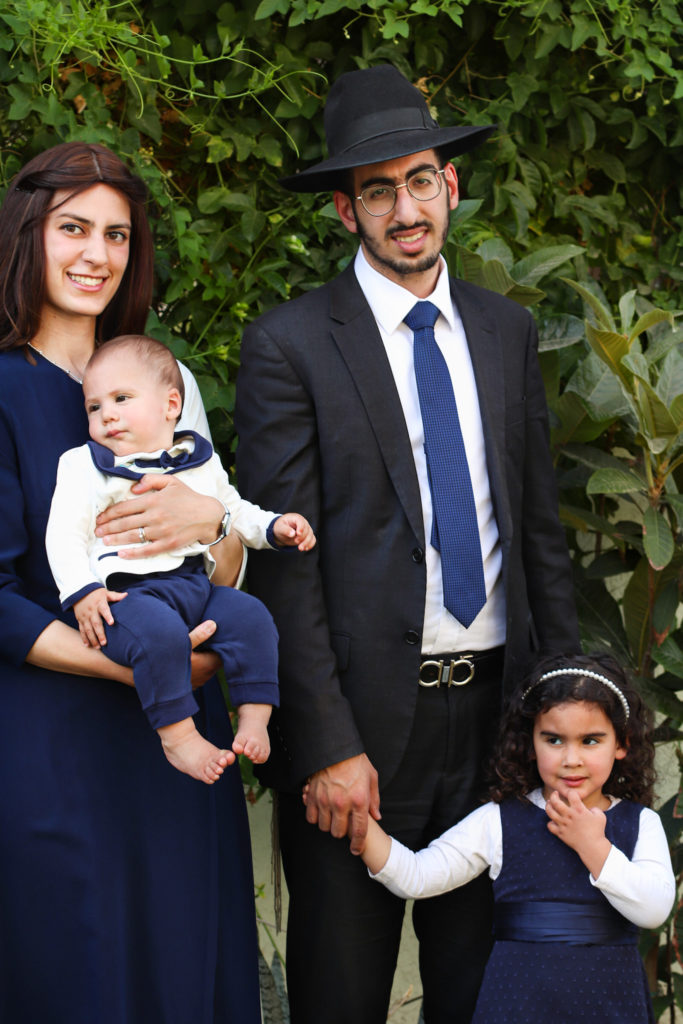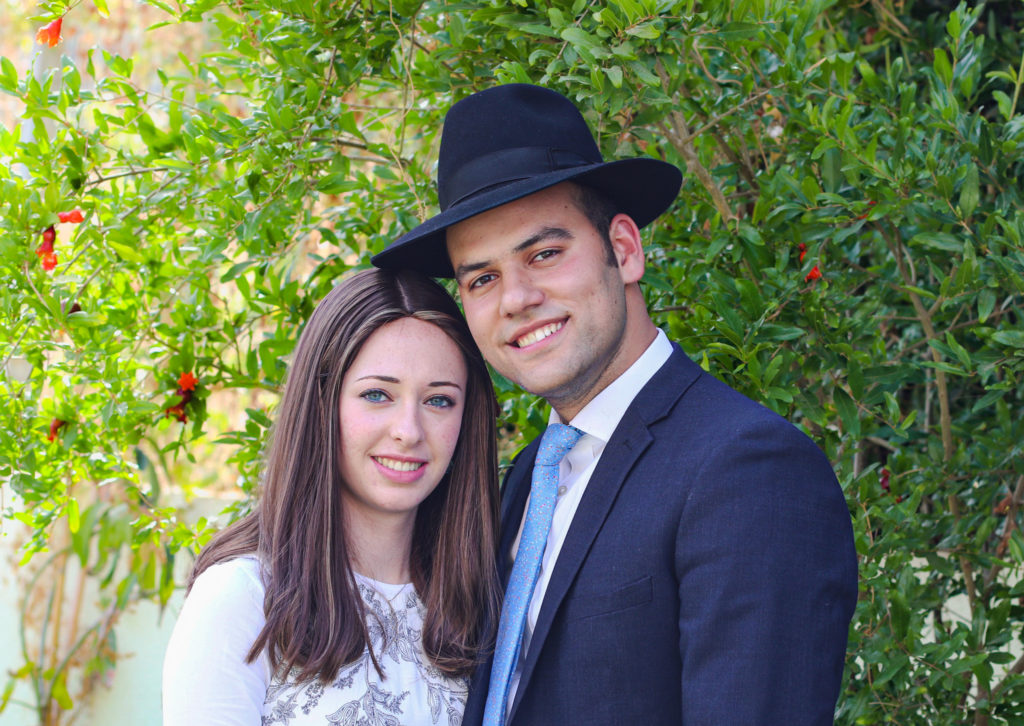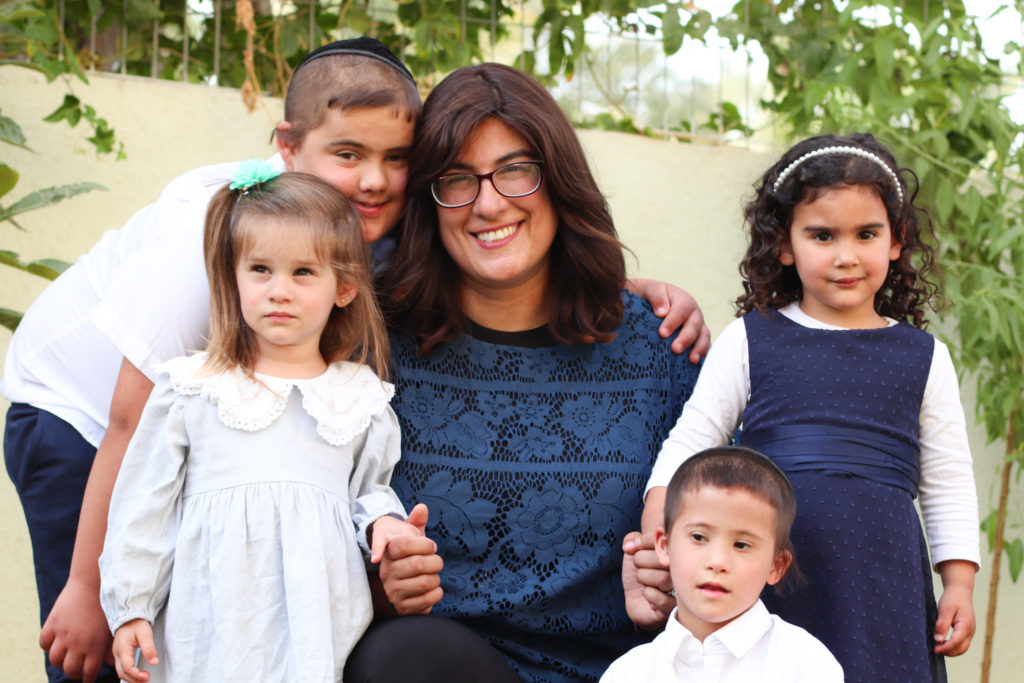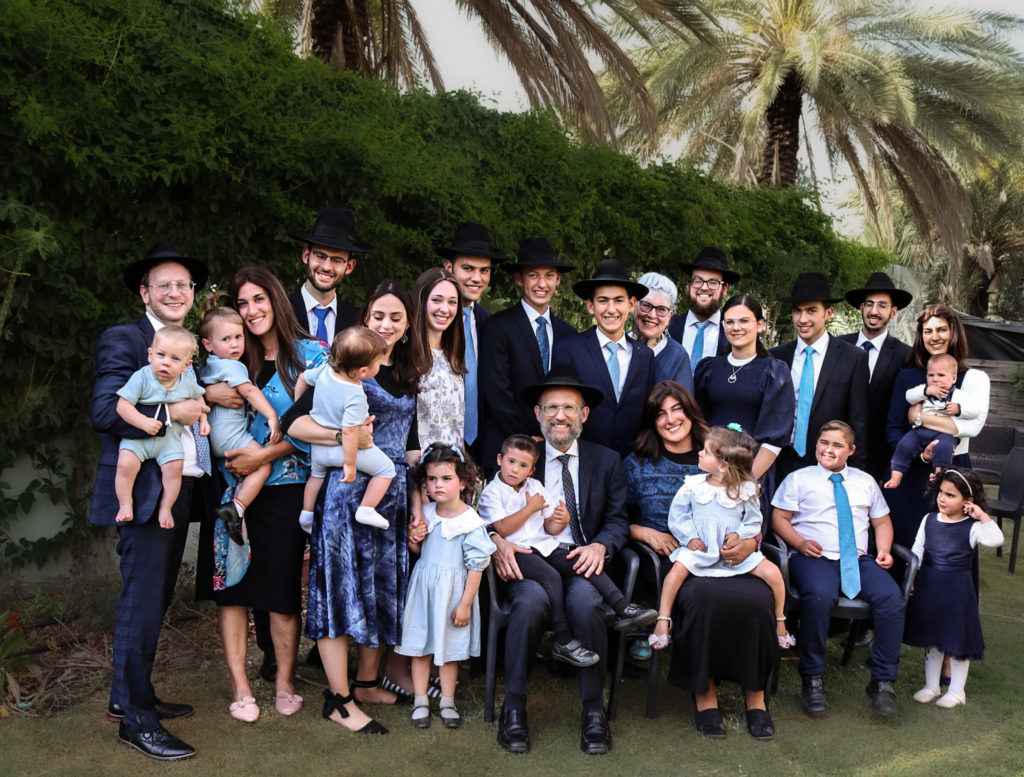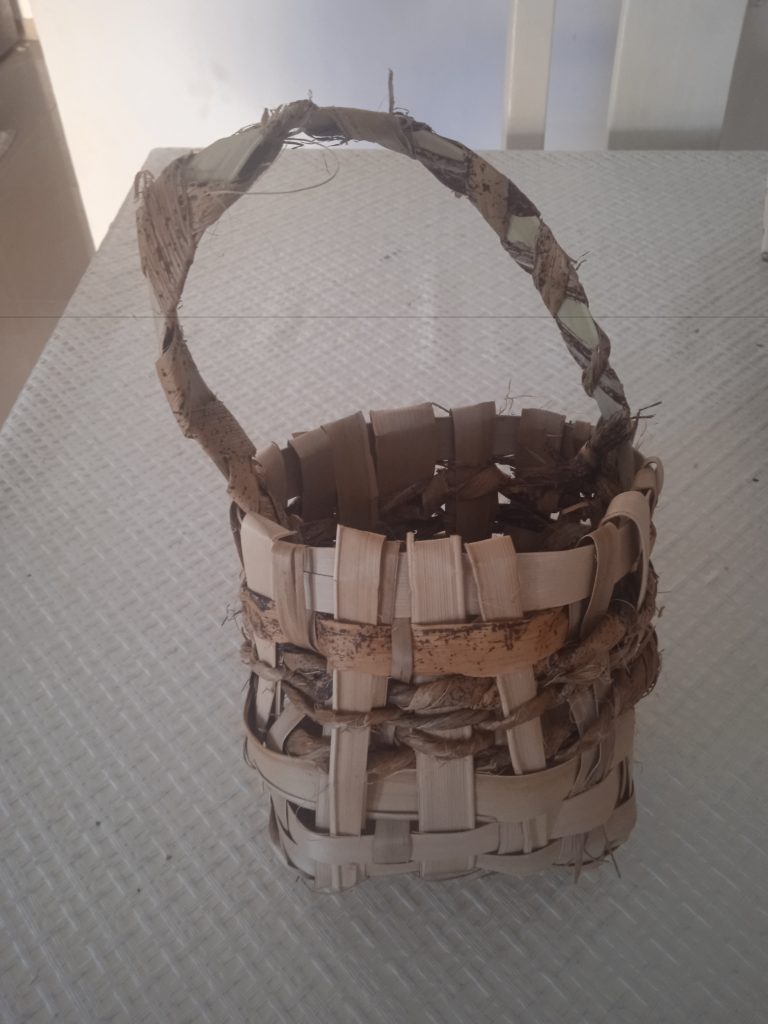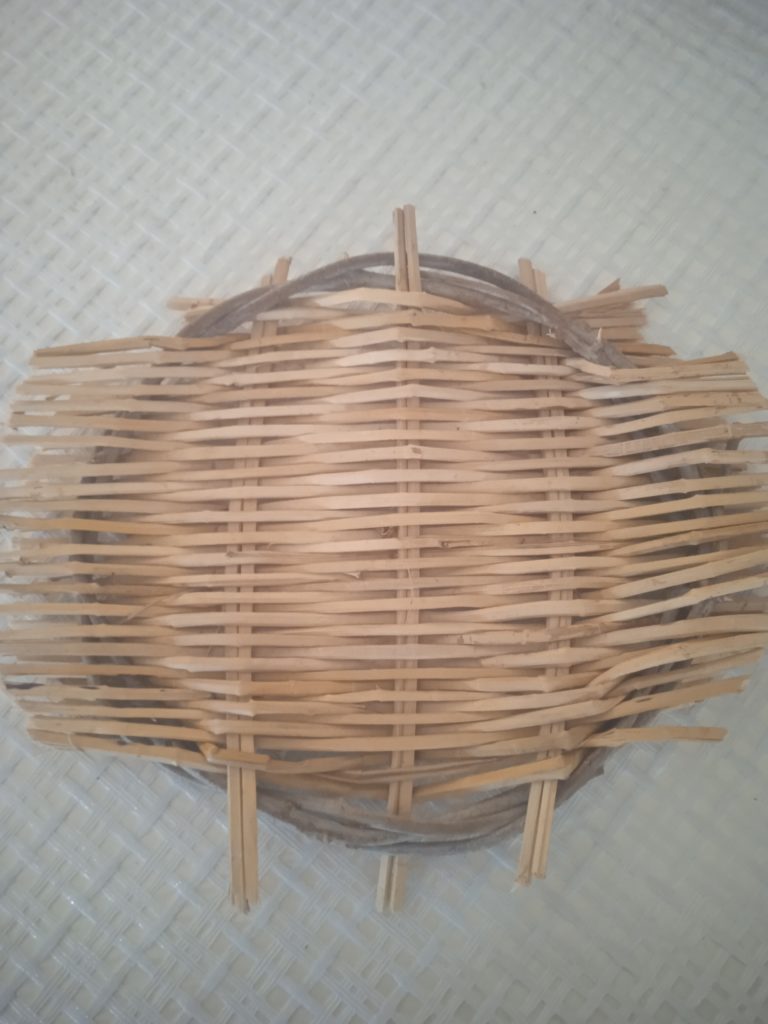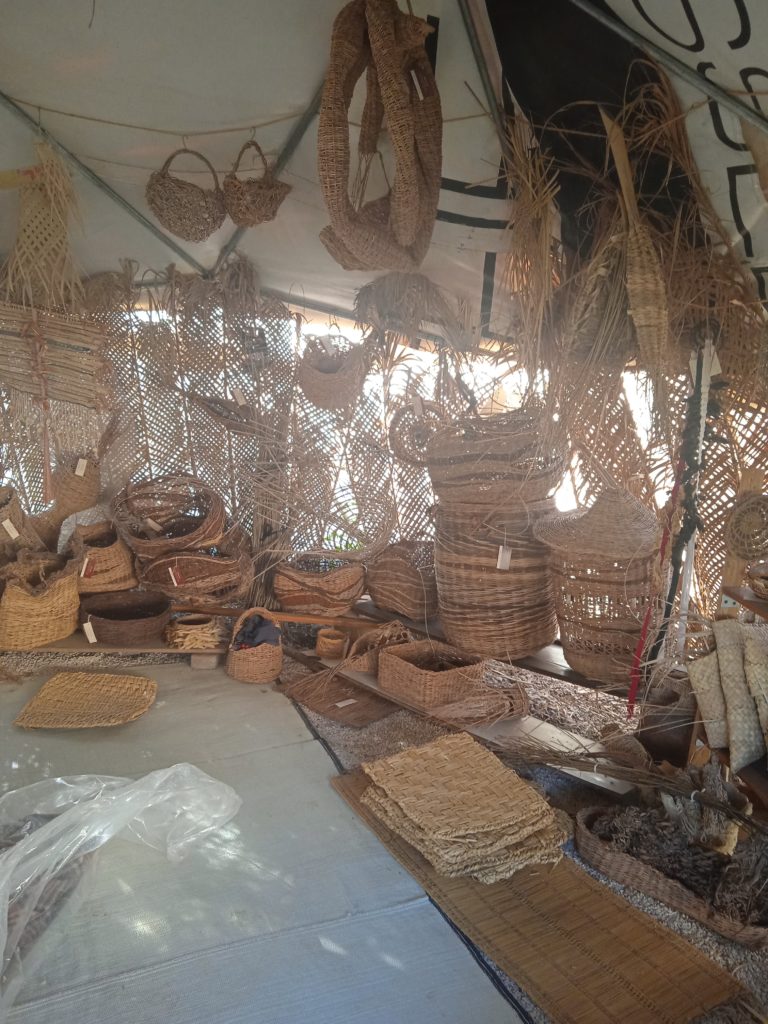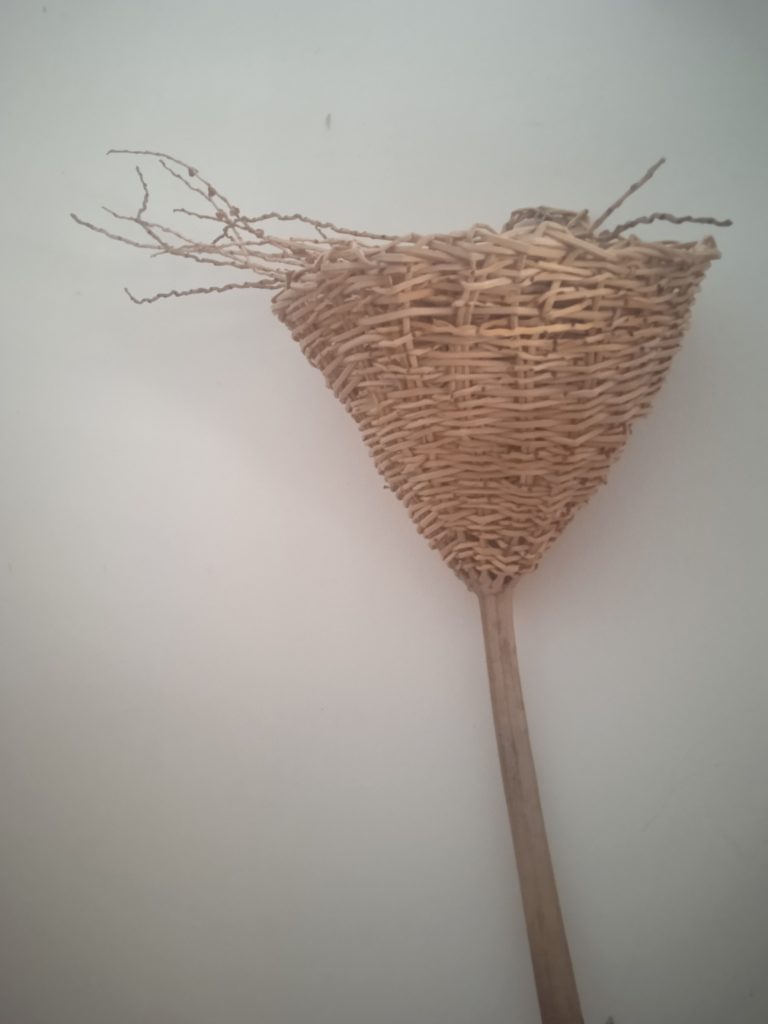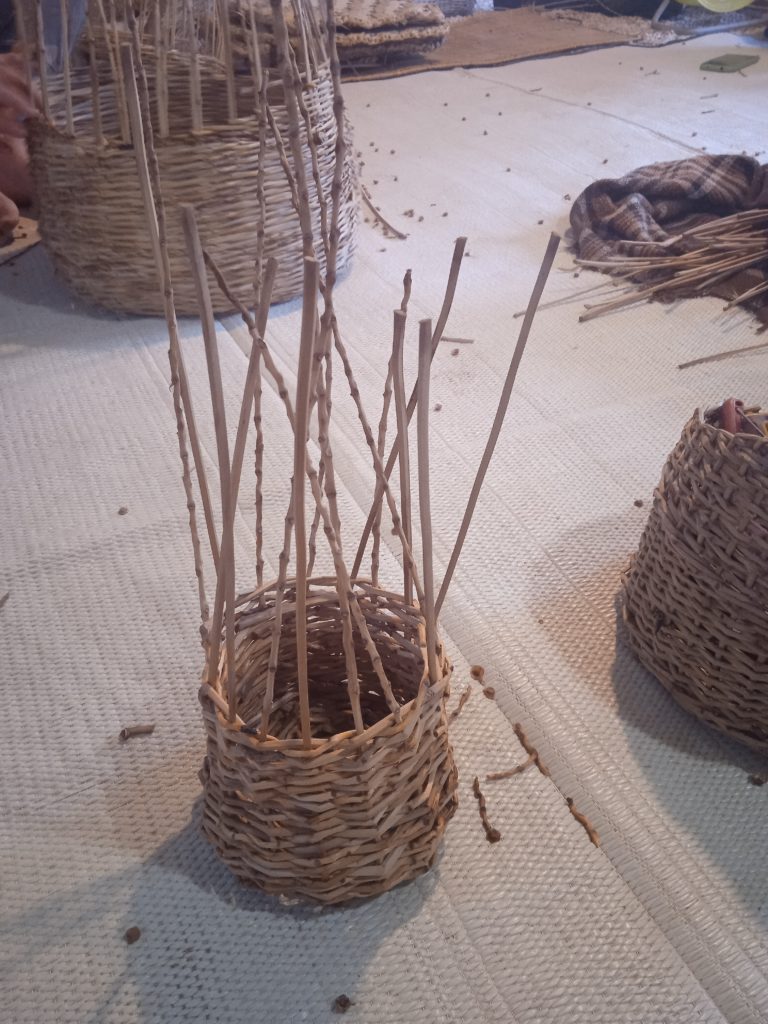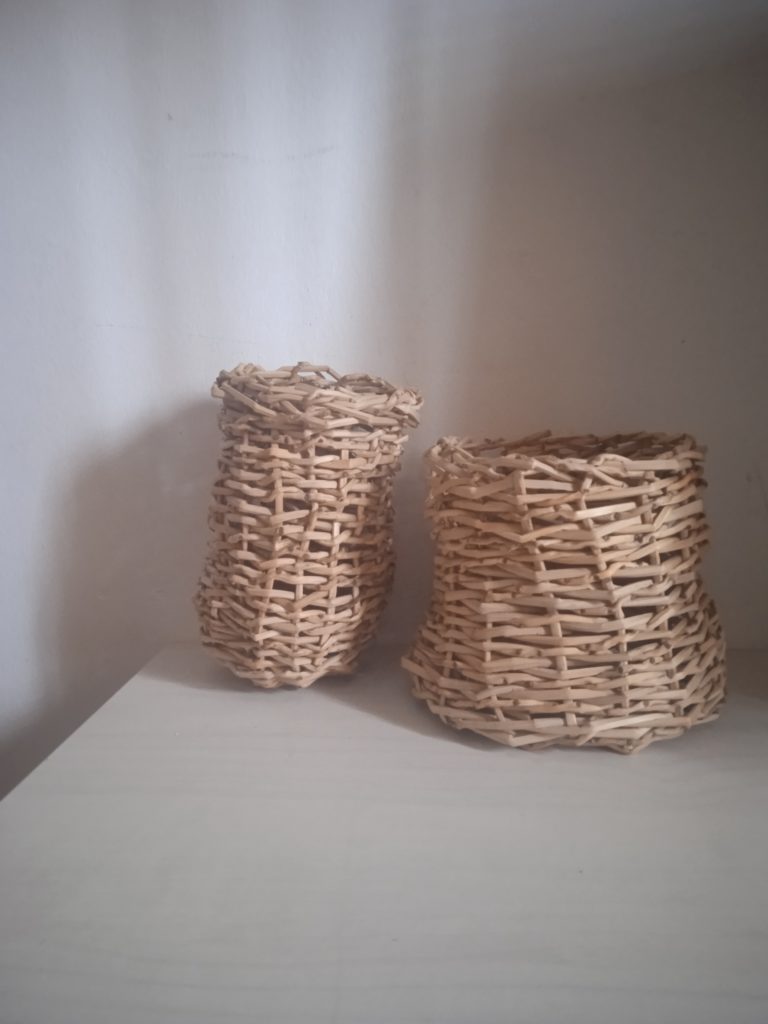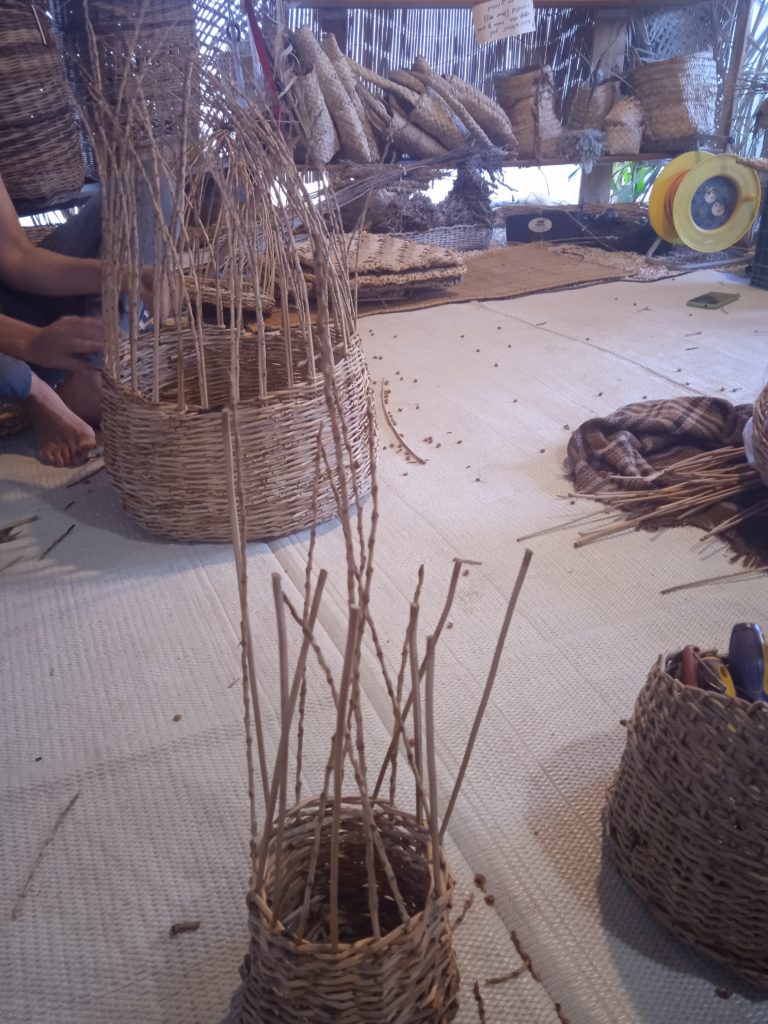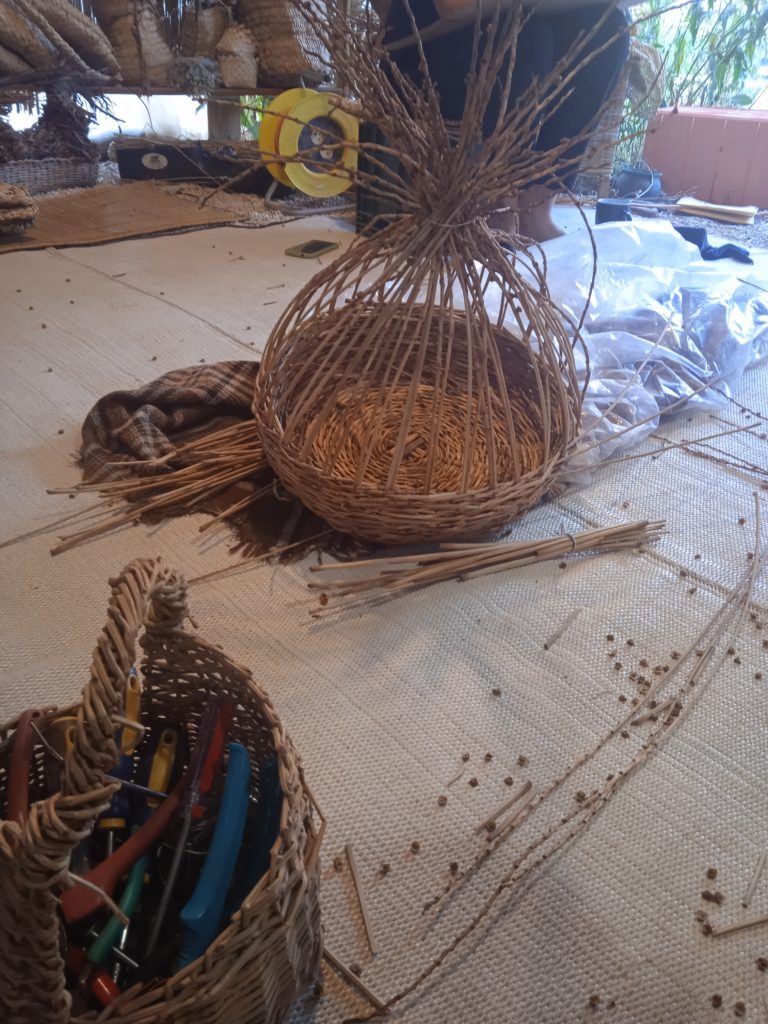Over two years ago, we bought a seven seater car, which has been very well used. It was a much older car than anything we bought in the past, since here in Israel, seven seaters are much more expensive than five seaters, and I was staying within a very tight purchasing budget.
I have never had the experience of constant repairs until owning this car. We have literally replaced every single part in the last two years, and every time we do, I’m sure that’s the last thing that will need to be replaced. Then a month (or less) goes by, and there’s something else!
The more money we put into it, the more it seemed we should keep it. After all, it’s all new under the hood! (If we had spent the sum up front that we spent on repairs to buy a car, we could have had a very nice car in excellent condition to start with! Not fun to think about but it’s been a good lesson.) When I bought that car, I was grateful to find a car that had so many things we were looking for, even though it was clear to me when I bought it that it wasn’t a vibrational fit for me. It was very functional but it felt like a step down to buy it.
After a particularly big repair a few months ago, I told my husband this car is trying to work its way out of our lives because it isn’t a match for us vibrationally. I’m positive that someone else who would be excited to have it could own it for years and would hardly need any repairs, but the car is doing its part to help us move towards something better for us.
I’ve been clear for over a year what our next vehicle would be when we were ready: a very good condition seven seater with four wheel drive. Seven seats so we can fit everyone at home if we go on a family trip, and four wheel drive since I live in an area with back roads where that would be useful. Cars like these are quite expensive – and not gas efficient at all.
When I finally began looking for a car a few months ago, I had a dilemma. I expected we would see a rise in gas prices, and couldn’t see spending more for the vehicle purchase, more for insurance – and then more to continually fuel up. Since the vast majority of our driving is just one of us, sometimes with one or two kids along for an errand, it was too much car for our true needs.
I had a really hard time letting go of the idea of a seven seater, though. (A seven seater is about twice the cost of a comparable five seater in terms of age and mileage, so the cost is a significant part of the decision.) Even when I let go of a seven seater, I couldn’t let go of the idea of four wheel drive. Those cars are also in a more expensive category (to buy/insure/fuel), and though it’s nice to bounce along a back road, it’s something we rarely do.
Finally I let go of that, too.
I’m the researcher and car buyer of the family, and when I asked my husband for his feedback as to what to buy, he replied, just buy a car in good condition that’s not old.
But what about this feature, and that feature? He really didn’t care. I did, though, and finally decided on a car that had the features and ‘look’ that I preferred. The challenge was that the cars that met my parameters weren’t being sold by private sellers locally, and my husband wasn’t available to go together with me to see these cars.
He travels to Tel Aviv once a week for work, so I found a car in that area, planning to drive in to work together with him. The intention was I’d drive the old car home, and after work he’d come home with the new car. I set up a meeting with the seller, agreed on the time we’d check in to confirm with each other first thing in the morning and made travel plans for the next day. Then my husband, wanting to save me the significant driving time, suggested he take the train to work, then take a bus from work to the seller and look at it himself. I was happy to save four hours of my time, and agreed.
However, there was some miscommunication between us about when he was supposed to contact the seller to confirm the meeting time. The meeting didn’t happen, and though they talked about meeting in the evening, that didn’t happen either. When he came home that night at 10 pm (obviously without the car I had assumed he would buy), I was frustrated that all the time and effort I had spent – researching and narrowing it down to this brand and then finally this car- had shown no concrete results. Though my husband said we could go there together the following day on his day off, I absolutely did not want both of us to drive two hours in each direction to go look at it. He has so little free time, and the point had been to go look at it when it wasn’t out of his way.
At 10:30 that night I spontaneously decided to look for a completely different car that had not been on my mental radar at all. I narrowed it down to the best three choices within an hour from us, then narrowed it down to the best car of the three – a seller twenty minutes away.
I called first thing in the morning, and an hour later was looking at the car with my husband (who had a day off since it was Yom Hazikaron (Memorial Day). We test drove the car, I made an offer, then a counteroffer. When the seller accepted, I nodded and left my husband to take care of the transfer details. It was fast and easy.
It was also a bit anti-climactic. It’s not the look I preferred, it doesn’t have the extra features I wanted (both of which are minor details and can be added) – but I honed in on what is most important for us and it has it all. It’s a car in excellent condition with lower mileage, is a brand known for reliability, gets good fuel mileage, has a generous sized trunk – and we got a good price on it.
My primary initial feeling was relief. I’m not a person who does well with indecision; I like to make a decision, take action and move on to the next thing on my list. To keep thinking and thinking and overthinking one topic was sucking up so much of my mental energy. This has been a big thing on my to-do list for a long time and it’s really nice to have it taken care of.
Now that I’ve let go of all those things I thought I wanted, I’m feeling the freedom of having a smaller car with a smaller fuel intake, and appreciating driving something that runs quietly and smoothly!
Avivah

